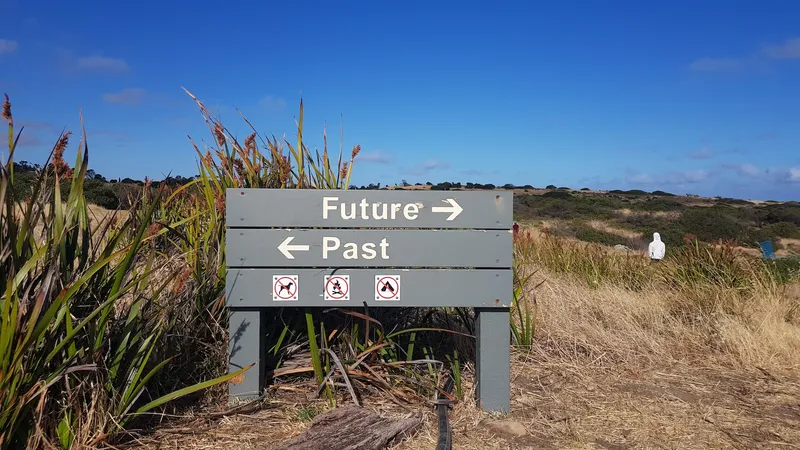The Past is The Past is The Past
The past literally doesn't exist.
4 Jan 2017

Isn’t it weird that something that happened years ago “feels like yesterday”, while something that happened last week “feels like forever ago”?
Well actually, I’ve just realised it might not be weird at all.
All memories are stored in our brains. They’re simply clusters of neurons*.
* or whatever. I’m not a neuroscientist.
And that’s true whether something happened yesterday, last week, or decades ago.
So perhaps what’s wrong is my expectation that it SHOULD feel different if a memory is recent - compared to if it’s something which happened long ago.
So What?
This helps to reframe my relationship with the past. There’s a very real sense in which the past doesn’t exist. You could search the entire universe and not find “your past” anywhere except inside your own brain. Even evidence of the past - like a love letter from an ex - is simply a reminder of something that no longer exists.
And this realisation helps to remind me that this is true for the very recent past just as much as for ancient history.
Once something is done, it’s gone. It exists only in our minds.**
** this isn’t to say it doesn’t matter! Our minds exist, and are very important.
The past is the past, whenever it happened.
And that makes it our choice what - if anything - we decide to do about that.

Neil Hughes is the author of Walking on Custard & the Meaning of Life, a comical and useful guide to life with anxiety, and The Shop Before Life, a tale about a magical shop which sells human personality traits.
Along with writing more books, he spends his time on standup comedy, speaking about mental health, computer programming, public speaking and everything from music to video games to languages. He struggles to answer the question "so, what do you do?" and is worried that the honest answer is probably "procrastinate."
He would like it if you said hello.